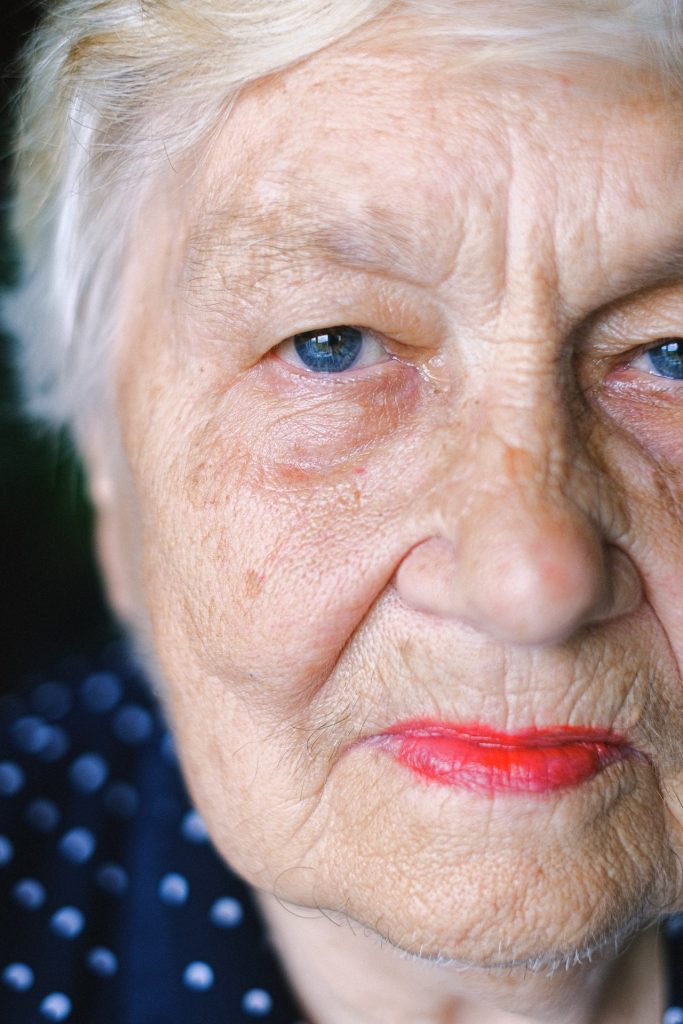
Cases of elderly abuse have been rampant across the state for years now. At present, the National Center on Elder Abuse reports that almost 10% of Americans aged 60 and above have experienced some form of elder abuse. To counter the rising cases, the state of California enacted a series of laws where such incidences will be subject to civil or criminal liability.
What is Elder Abuse?
In California, an elder is a person aged 65 years and above. The law in the state says that elder abuse can be both civil and criminal.
Civil laws state that elder abuse could be neglect, physical abuse, abandonment, financial abuse, abduction, isolation, or any treatment that causes pain, mental suffering, or harm to an elder. For example, when a care provider deprives an elder of services or goods vital to avoid their mental anguish or physical injury, they are liable for civil action. (Welfare & Institutions Code Section 15610.)
Criminal elder abuse occurs when an individual knows the victim is an elder and willfully permits or causes suffering, unjustifiable mental suffering, or physical pain on the elder. It also includes cases where an individual knowingly allows or causes an elder to be in a situation that endangers his or her health. (Penal Code Section 368).
In general, the following acts warrant elder abuse claims:
- Abandonment
- Abduction
- Financial abuse
- Isolation from telephone calls, mail, and visitors
- Neglect
- Causing mental suffering through inflicting confusion, agitation, harassment, threats, or intimidations.
- Causing physical abuse through inflicting bodily injury or pain, sexual assault, or restraining the elder from punishing them.
Signs of elder abuse
Victims of abuse will rarely ever come forth to authorities with abuse claims. However, a skilled investigator will always look for a few tell-tale signs to confirm abuse claims, and they include:
- Physical symptoms of abuse like physical pain, skin tears, bruises, dehydration/malnutrition, and bedsores
- Behavioral changes, such as anxiety, anger, withdrawal, confusion, or depression.
Misdemeanor elder abuse
To be convicted of misdemeanor elder abuse, a prosecutor has to prove that:
- You willfully or with criminal negligence caused an older person unjustifiable mental suffering or physical pain.
- Your conduct might have endangered the health or life of the elder.
- You’re aware that the victim was 65 years or above.
Felony elder abuse.
To be convicted of felony elder abuse, a prosecutor must prove:
- You willfully or with criminal negligence caused unjustifiable mental suffering or physical pain to an elderly individual.
- Your conduct could have caused severe bodily harm or death, and you knew the victim was an elder.
Defenses to Penal Code 368
Elder abuse is a serious allegation that could tarnish your reputation. As a defendant, your primary goal should be to disprove the claims using common defenses. Below are common defenses you can use for elder abuse:
- No willful act: Note that the prosecutor needs to prove that you acted willfully in most of these cases. Your defense attorney will often try to justify that your actions were not deliberate.
- No abuse: There has to be some abuse, such as neglect, for you to be prosecuted. The prosecution will have a hard time proving you engaged in an abusive act because they are also inclined to show the effects of abuse claims on the abuse.
- False accusation: The court isn’t new to false accusation allegations from family members, so you can also try to show that you’ve been falsely accused.
Penalties for elder abuse
Elder abuse is just one among other criminal convictions against vulnerable people. Although not as common as child abuse, both still carry similar penalties. Elder abuse convicted as a misdemeanor is punishable by a jail term of up to one year and a maximum of $6,000 in restitution.
For a felony conviction, offenders can be subjected to four years in jail or seven years if there’s evidence of physical injury and $10,000 in criminal fines. It’s also reasonably common for convicted offenders to serve a probationary sentence with certain imposed conditions. California professionals like health service providers are legally mandated to report any suspicions of abuse. Therefore, it shouldn’t come as a surprise that some of these allegations tend to be false or misinterpreted. Your first line of defense is an experienced criminal defense attorney. If you’re facing any criminal charges, you can reach out to Criminal Defense Heroes at +13235293660 or visit one of our California offices.









